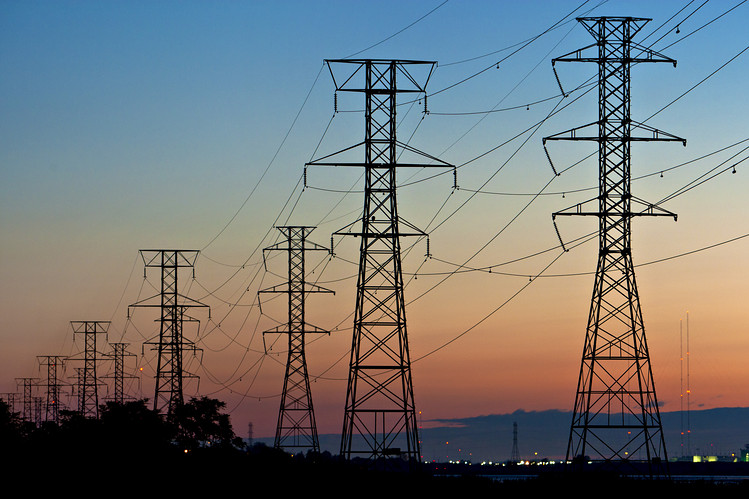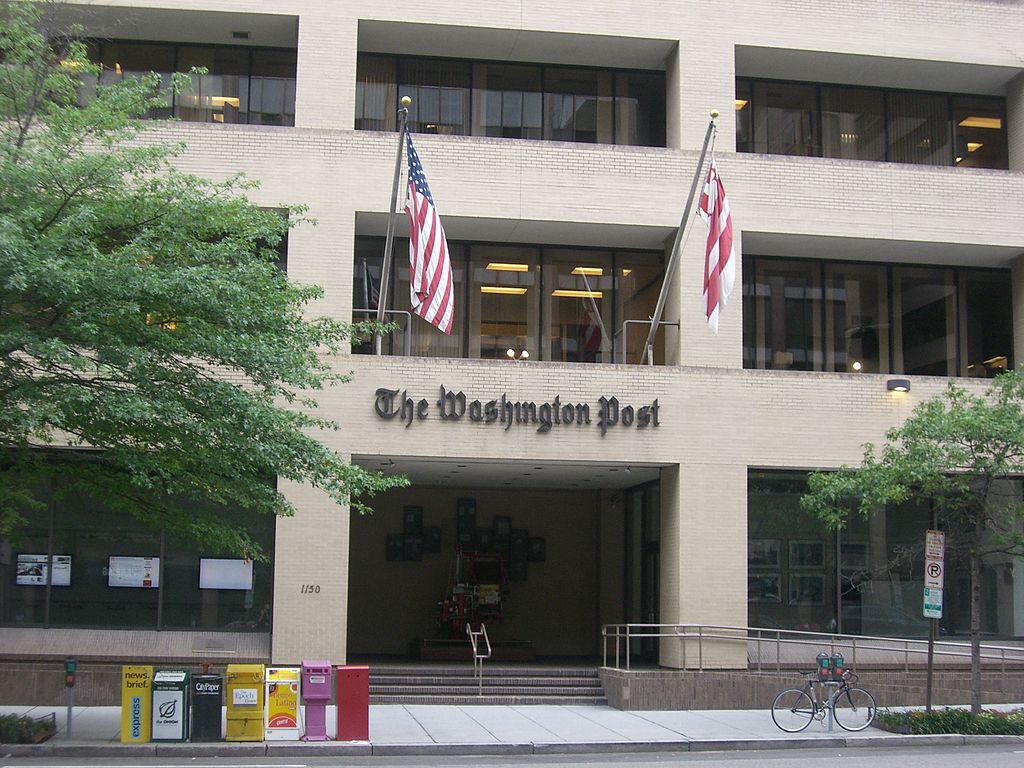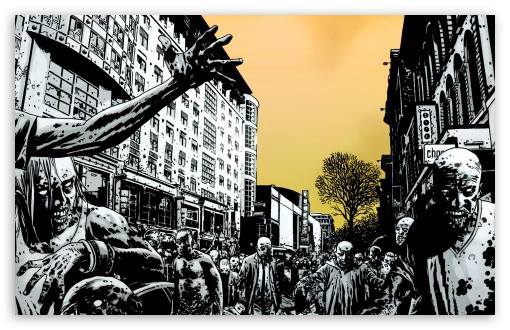
The 30-day emergency powers invoked by Illinois governor J.B. Pritzker came to an end on April 8, 2020; however, that date did not stop the power-drunk governor from issuing a series of restrictive orders on certain individuals, activities, and businesses. Like most tyrants that came before him, Pritzker controlled people’s lives by telling them he was keeping them “safe.”
But on July 2, 2020, an Illinois Circuit Court declared that Governor JB Pritzker's coronavirus emergency orders are now "NULL AND VOID."
Governor Pritzker issued an ongoing stay-at-home order after his 30-day emergency reign was over, and he issued a series of commands that were borderline insane, from limitations of two people on boats, to halting children’s sports, to restrictions on buying garden seeds. His orders included five arduous phases that restrict individual liberty, small business operations, and worship services. Businesses that did not comply were threatened with fines and were told they’d lose their licenses.
Pritzker threatened small business owners with a $2,500 fine and one year imprisonment if they did not comply with his ongoing shutdown and business restrictions. Pritzker demanded that life would “not go back to normal” without a vaccine or other newly developed pharmaceuticals – a monumental act of medical coercion not seen since the rise of medical experimentation on Jews back in Nazi Germany.
The US is a republic, not a dictatorship
Darren Bailey, American patriot and member of the Illinois House of Representatives, stood up for the rights of all citizens of Illinois and sued the governor, quickly and with fervent resolve. His heroic actions will set legal precedent for years to come, for citizens living in all the fifty United States. On July 2, the Court ultimately declared that the 30-day emergency powers provided under Section 7 of the IEMAA lapsed on April 8, 2020. Any executive orders that pertain to covid-19 “in effect after April 8” are to be considered null and void and unconstitutional -- a threat to the republic of the United States of America.
In a republic, the executive branch of government cannot legislate nor dictate by absolute rule or executive order. The Constitution is a guide that protects individual liberty. The judicial branch is responsible for upholding the rule of law and restricting power-drunk government officials.
The Court officially declared that the defendant, JB Pritzker “had no Illinois constitutional authority as Governor to restrict a citizen’s movement or activities and/or forcibly close business premises in EO 32.” None of the cited provisions within the governor’s executive orders gave him any authority whatsoever to detain, restrict citizens, or force businesses to close.
During the 2020 covid-19 emergency declarations, certain businesses and industries were discriminated against and forced to close, while other corporations were allowed to operate freely. Evidence-based quarantines were not used to restrict the movement of symptomatic individuals; instead, governments restricted the liberty of all individuals throughout the entire state without due process.
The Court declared that the proper authority to “restrict a citizen’s movement or activities and/or forcibly close their business due to any public health risks has been expressly delegated to the Department of Health under the Illinois Department of Public Health Act and the county Code.”
If the law was executed properly, then the county health departments could have responded with precision to covid-19 cases that required immediate medical attention and potential isolation. Shuttering the livelihoods of everyone through executive order and controlling people's movement and economic activity was illegal, and the governor should be held liable for all the economic damage he caused and all the mental, emotional, and physical health he harmed in the process of violating the Constitution.
Sources include:
Please contact us for more information.














